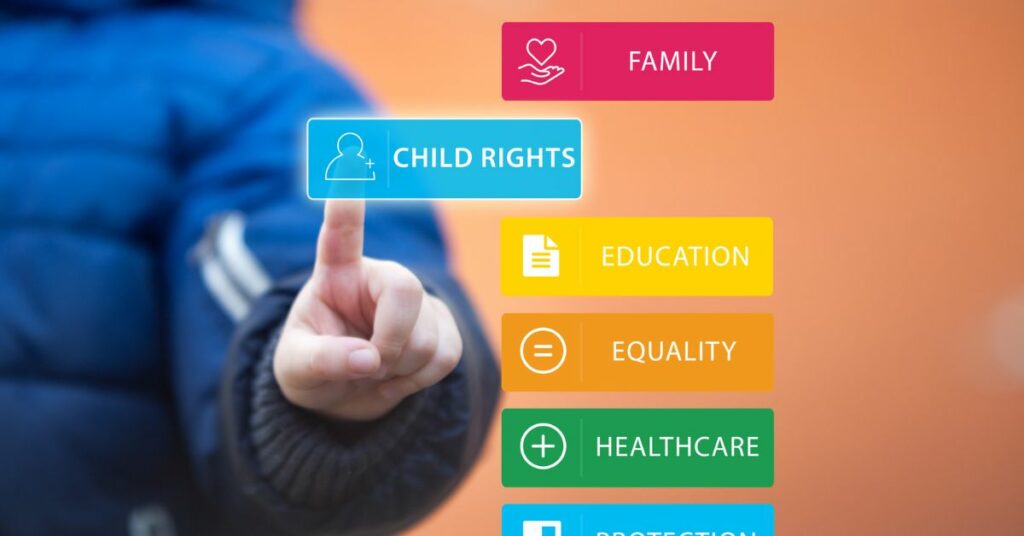WA, QLD and NT revealed as jurisdictions most frequently violating the rights of children under youth justice supervision.
Widespread child rights abuses in Australia’s youth justice system are today detailed in a new Save the Children report, which calls for an urgent nationwide overhaul to ensure better outcomes both for children and the community.
The report reveals every Australian state and territory jurisdiction has a long way to go to uphold the rights of children across the areas of policing, bail and remand, diversion, court processes, sentencing practices, and detention.
“Australia’s youth justice system is responsible for repeated, egregious breaches of children’s rights, often resulting in direct harm to many children,” said Mat Tinkler, Save the Children Australia CEO.
Western Australia, Queensland and the Northern Territory were the worst offenders when it comes to violating the rights of children in youth justice facilities, the report found.
In all three jurisdictions, the use of adult facilities to detain children, as well as the use of excessive force and restraint, were identified as significant breaches of children’s rights.
Western Australia is detaining boys in the maximum-security adult Casuarina prison and last year was revealed to be using a dangerous restraint technique on children, which was replaced with an alternative method following criticism.
“We know what works and what doesn’t. State and Territory governments must invest in strengthening and expanding early intervention and diversion programs.”
In February, Queensland introduced legislation to criminalise breach of bail for children, along with other punitive measures, despite acknowledging the legislation was inconsistent with the state’s Human Rights Act (2019).
Tinkler highlighted that Australia’s youth justice system was failing to adequately support vulnerable children in contact with the law and keep communities safe.
“We are a nation that prides ourselves on giving everyone an opportunity to succeed, and yet authorities are setting children and young people up to fail.”
A child rights approach would ensure youth justice policies and practices align with Australia’s international human rights obligations, and provide long-term improvements for children, young people, and communities.
“The global evidence base shows that a rights-based approach to youth justice will lead to better outcomes for children, the community and governments,” added Tinkler.
“The punitive and ‘tough on crime’ approaches of Australian governments are the opposite of this: they punish children for being victims of underlying causes like poverty and inequality; poor access to education and family support; and lead to children cycling back into the system again and again.”
According to the Save the Children CEO by adopting a child rights approach to youth justice, governments can improve how the youth justice system operates, resulting in better outcomes for children.
“This involves governments being prepared to invest in prevention and early intervention programs that are proven to reduce crime and set young people up with the skills and connections to reach their potential.”
Save the Children is advocating for reforms including the introduction of national youth justice standards, that all jurisdictions raise the age of criminal responsibility to at least 14, independent oversight of youth detention facilities, and legislated human rights protections.
The new report provides a roadmap away from child rights violations in our current justice system towards a future system that respects child rights, reduces offending and re-offending, and keeps the community safer.
To learn more on empowering children to have a voice in the delivery of Child Protection services, Register now for Third Sector’s 6th National Child Protection Forum 2023.
Menchie Khairuddin is a writer Deputy Content Manager at Akolade and content producer for Third Sector News. She is passionate about social affairs specifically in mixed, multicultural heritage and not-for-profit organisations.
- Menchie Khairuddinhttps://thirdsector.com.au/author/menchi-kakolade-co/
- Menchie Khairuddinhttps://thirdsector.com.au/author/menchi-kakolade-co/
- Menchie Khairuddinhttps://thirdsector.com.au/author/menchi-kakolade-co/
- Menchie Khairuddinhttps://thirdsector.com.au/author/menchi-kakolade-co/











